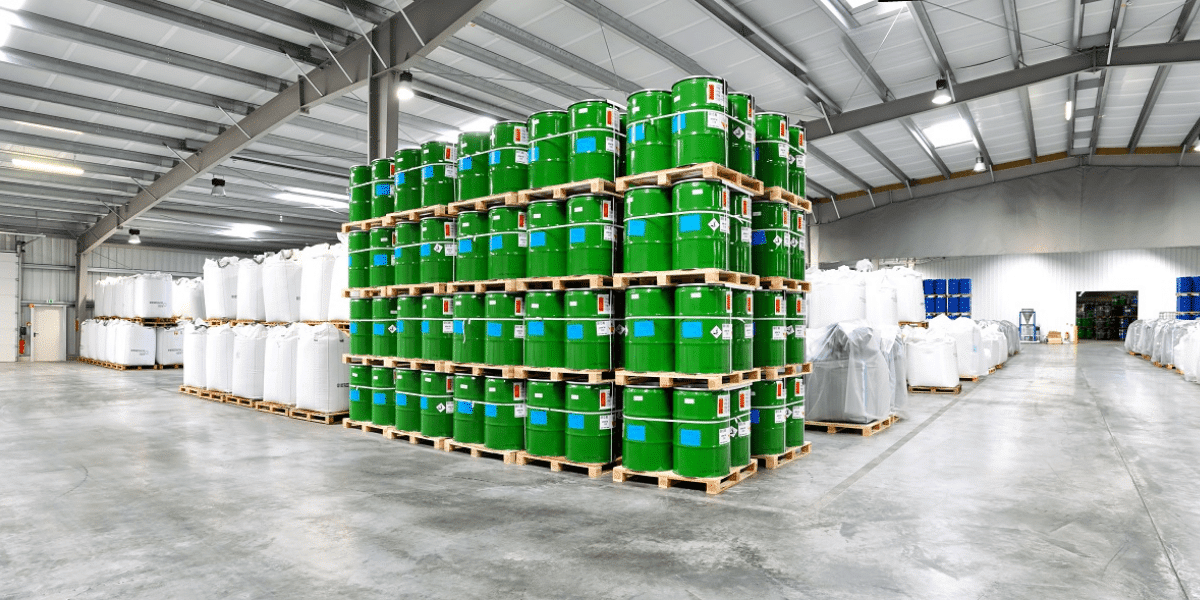MIL PRF 680C Type V Replaces MIL PRF 680B Type II
Ecolink Inc is pleased to announce their exclusive distinction as the only approved alternative to MIL PRF 680B Type II. MIL PRF 680C Type V is a low VOC alternative that complies with the most stringent air emission standards and will be sold under the trade name of Ecolink 250-SS.
Please call 800 886-8240 or CONTACT US to learn more about how this material can be used in critical applications where VOC compliance and air emission standards do not allow the use of MIL PRF 680B Type II.
MIL PRF 680 Type II Cannot be Used in the Following Areas:
- Air quality management districts in California including SCAQMD
- Puget Sound in Washington www.psp.wa.gov
- Maricopa County in Arizona www.maricopa.gov
- Ozone Transport Commission states (13 states from Virginia up to Vermont) www.otcair.org
[gview width=”600px” file=”/wp-content/uploads/QPL-letter-for-Ecolink-250-SS-solvent.pdf”]
MIL PRF 680 C – Type V – to download a PDF copy
















